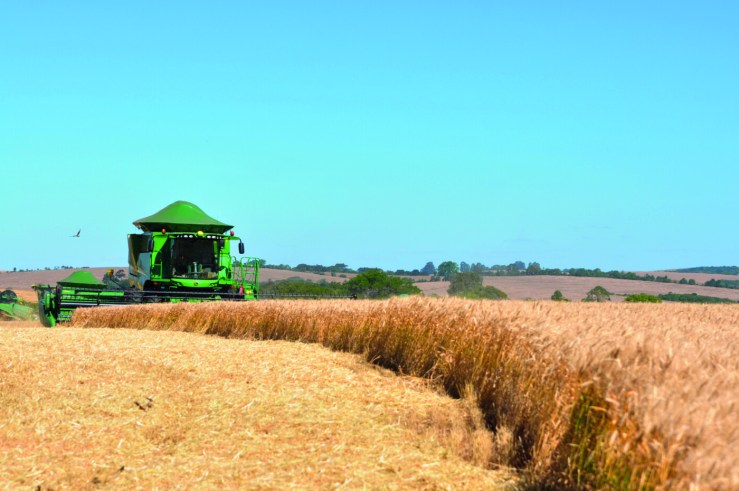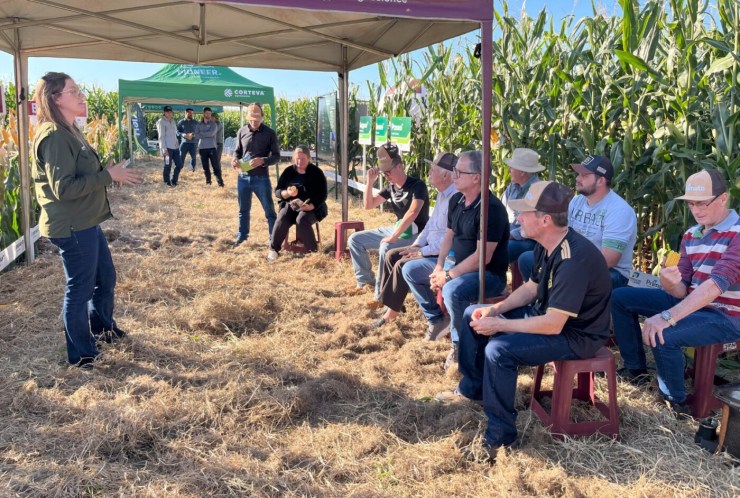Brazil is undertaking the largest tax restructuring in decades, but the most important sector of the Brazilian economy, agribusiness, has yet to realize that the Tax Reform, which unifies five taxes into two new ones: the Contribution on Goods and Services (CBS) and the Tax on Goods and Services (IBS), changes the way companies sell, buy, price, and calculate their costs. In agribusiness, this impact will be profound. And ignoring it could be costly.
With approximately 24% of GDP (Gross Domestic Product), according to the Brazilian Confederation of Agriculture and Livestock (CNA), and almost half of Brazil's exports, the agricultural sector cannot afford to react late. This is because the fiscal structure that supported part of the pricing strategy, based on benefits and exemptions, is beginning to be dismantled. In its place, new rules come into effect, with deadlines, exceptions, specific regimes, and (for now) several uncertainties.

Article written by Alex Dias, commercial director; and Renato Assis, project manager at Ábaco Consulting – Photo: Disclosure/Ábaco Consulting
With that in mind, time is running out. The first mandatory filing will be in 2026, when companies will have to report the new tax rate on their electronic invoices. According to a study by the Ministry of Finance, the estimated total rate under the new system is between 25% and 27%, but there are promises of favorable regimes for strategic sectors, such as basic food. Even so, there will be impacts.
Logistics, essential to agriculture, will be particularly affected, as freight and storage will be subject to different tax treatment, and tax credits will depend on stricter controls. Therefore, small and medium-sized producers, who often operate without an internal tax structure, will have to adapt with digitalized processes, accurate document issuance, and system updates.
In this context, technology moves from supporting role to becoming a protagonist. Integrated management tools that allow for adapting tax document layouts, parameterizing rules, and ensuring compliance with new ancillary obligations will be indispensable. Therefore, more than just automating, it's essential to understand the transition process, considering that from 2026 to 2033, we'll be living with both the old and the new models.
Therefore, companies that plan this change step by step, test environments, and train teams will come out ahead. Unlike those that leave it to the last minute, which will end up paying more in time, money, and risk.

Photo: Disclosure/Faescja
It's a mistake to treat the Reform as a tax or technology issue, as it affects the entire company, with departments such as legal, commercial, purchasing, sales, and production, among others, all affected. And the sooner this impact is understood, the greater the chances of transforming it into a competitive advantage.
To clarify the positive points and the challenges, I list below some highlights that should be considered by the sector so that planning and adaptation are on the agenda for this market.
Positive Points
- Exports remain tax-exempt, maintaining the international competitiveness of Brazilian products.
- The new financial credit logic allows for the full recovery of taxes paid at any stage of the chain, including energy, freight, machinery, and services.
- The end of the tax war between states brings predictability to investments and eliminates competitive distortions.
- Promise of automatic refund of accumulated credits, relevant for cooperatives and exporting agribusinesses.
- A clearer and more stable system, which facilitates the producer's long-term planning.
Challenges
- The end of ICMS, PIS and COFINS exemptions on agricultural inputs (such as fertilizers, feed and seeds) may increase costs in the short term.
- Small rural producers operating as individuals will need to adapt to a new formal role in the tax system, especially when selling directly to companies.
- Rural cooperatives will have to review their tax structure and rethink credit and compensation strategies.
- Services essential to the logistics chain (freight, storage, etc.) are now taxed with the right to credit, which requires stricter fiscal control.

Photo: Shutterstock
The agricultural tax reform also highlights the CEPPS (Registry of Primary Producers), which connects rural producers, even informal ones, to the new digitalized tax system. This registry is essential for ensuring transparency and traceability of production, allowing companies purchasing agricultural products to take advantage of IBS and CBS credits. Furthermore, it facilitates full financial credit for buyers such as agribusinesses and cooperatives, while encouraging the formalization and digitalization of rural transactions.
Despite initial discomfort with the elimination of exemptions and benefits, maintaining the old system would be detrimental to Brazil as a whole. We will work to eliminate the fiscal war between states, the lack of transparency, the concentration of income, and the restriction of credit, fostering a more egalitarian, fair, and sustainable economic environment.





